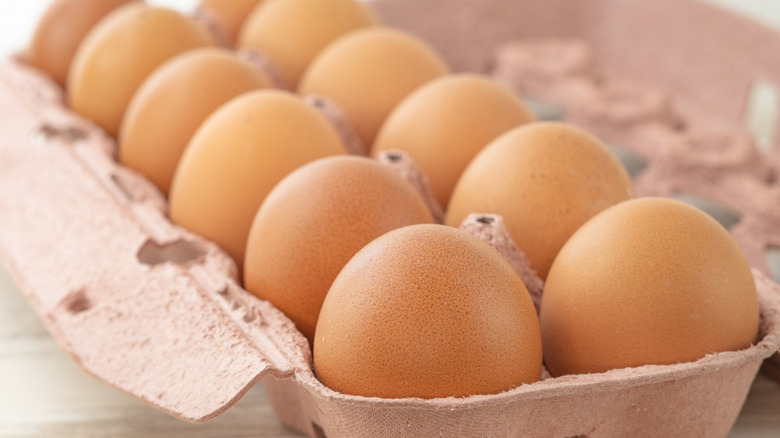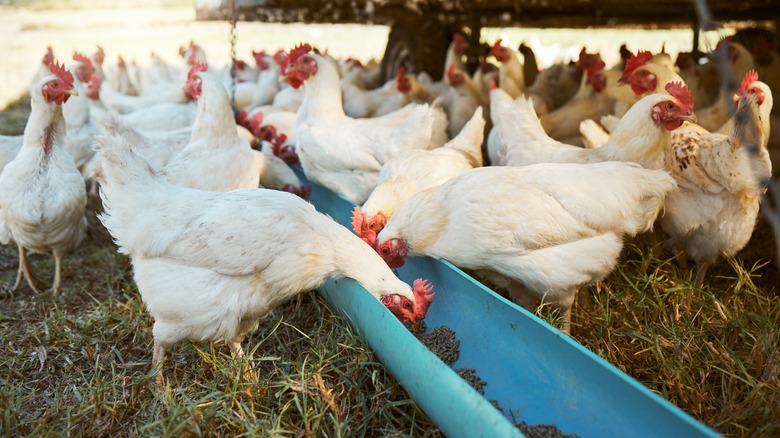What, Exactly, Are Vegetarian Eggs?
As more people become conscious of the welfare of animals and the sustainability of our food system, vegetarian eggs are emerging as a popular alternative to traditional versions. But what exactly are they, and should you consider making the switch? Vegetarian eggs are laid by hens fed a vegetarian diet, meaning they are not fed any animal products such as fish or meat. This diet also means that the hens are not given any hormones or antibiotics, which is a common practice in industrial egg production.
One key difference between vegetarian and traditional is that the former typically has a higher omega-3 fatty acid content. This is because the diet that hens are fed includes more sources of omega-3s, such as flaxseed and algae. In terms of nutrition, these healthy fats are important for brain function, heart health, and reducing inflammation in the body. They can also be a good source of protein, which is essential for building and repairing muscle tissue. They are also often marketed as being lower in cholesterol and higher in vitamin D than traditional eggs. While all this sounds great on paper, is there a downside to these types of eggs?
Downsides to vegetarian eggs
Chickens are omnivores and need a balanced diet that includes insects, worms, and other small animals to get all the nutrients they need. While vegetarian egg producers try to provide a balanced diet using plant-based sources of protein, it may not be as nutritionally complete as one that includes animal proteins. The term "vegetarian-fed" or "vegetarian diet" can also be misleading, as it implies that the hens are eating from natural or healthy sources.
However, it's important to remember that chickens are not naturally vegetarian and that this type of diet can still include processed or low-quality ingredients. Furthermore, hens that are only allowed veggie-style feed need to be closely monitored, and free-roaming or pasture grazing is not possible as the chicken would eat bugs and worms, thus not being authentically vegetarian. So, the only way to control this is to keep them confined in cages or large warehouses, which is not in the hens' best interests. It's important to consider these factors and weigh them against the potential benefits before making a decision about whether to include them in your diet.

